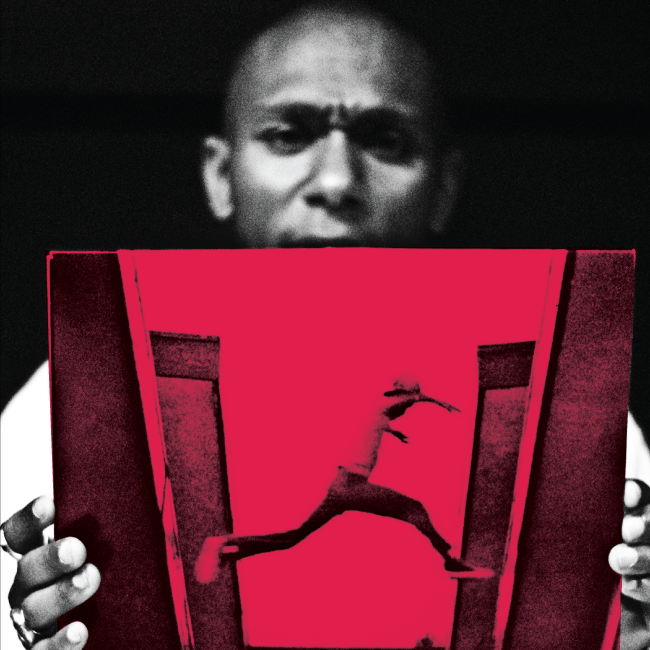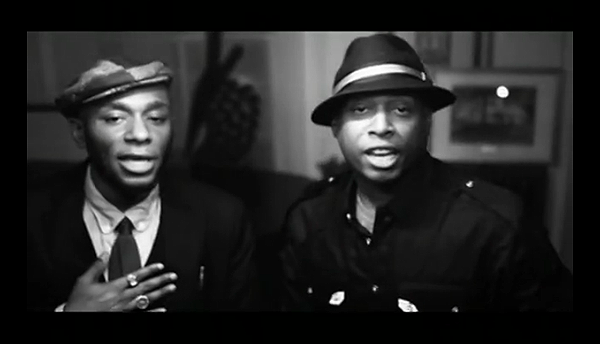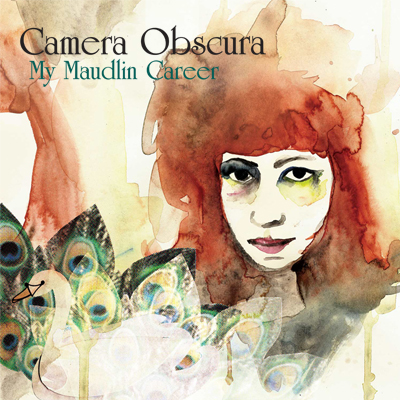



We paid a homeless guy $2 to write it for us." - Guitarist Stephen Johnson describing GWB’s new hit “Thanks for Nothing” to A$AP, among other albums.By Connor Buestad a song comes together in a perfect amalgamation of creative ideas from everyone in the band - this isn't that song. Throughout the next few years, he lengthened his acting résumé and contributed to Gorillaz‘ Plastic Beach, Robert Glasper Experiment‘s Grammy-winning Black Radio, and A$AP Rocky‘s At. The Ecstatic nabbed another Grammy nomination. At that point, Mos Def had significant acting roles in Michel Gondry’s Be Kind Rewind (in which he co-starred with Jack Black) and Cadillac Records (he played Chuck Berry). Released on the Universal-distributed Downtown label, The Ecstatic followed in June 2009. Bizarrely, the disc came with no artwork and was sold in a clear plastic case - though its single, “Undeniable,” did manage to grab a Grammy nomination for Best Rap Solo Performance. A contract-fulfilling release for Geffen, which had absorbed Rawkus years prior, the album trickled out in a small run during the last week of 2006. Two years later, after a few more acting roles - including the Golden Globe-winning Lackawanna Blues and the Emmy-winning Something the Lord Made, both of which were made-for-television movies - Mos Def released his third solo album, True Magic (2006). In October 2004, he finally delivered a second solo album, The New Danger, which involved Black Jack Johnson on a few tracks. Mos Def hoped to infuse the rock world with his all-black band, and during the early 2000s, he performed several small shows with his band around the New York area. This project aimed to reclaim rock music, especially the rap-rock hybrid, from such artists as Limp Bizkit, who Mos Def openly despised. Know, drummer Will Calhoun, and bassist Doug Wimbish. He simultaneously worked on the Black Jack Johnson project with several iconic black musicians: keyboardist Bernie Worrell, guitarist Dr.
#Mos def the ecstatic off spotify series
Yet, aside from appearances on the Rawkus compilation series Lyricist Lounge and Soundbombing, no follow-up recordings were forthcoming, as the up-and-coming rapper turned his attention elsewhere, away from music.ĭuring the early 2000s, Mos Def acted in several films (Monster’s Ball, Bamboozled, Brown Sugar, The Woodsman) and even spent some time on Broadway (in the Pulitzer Prize-winning Topdog/Underdog). A year later came Mos Def’s solo album, Black on Both Sides, and it inspired further attention and praise. The resulting album, Black Star (1998), became one of the most celebrated rap albums of its time. This led to a recording contract with Rawkus Records, which was just getting off the ground at the time, and he began working on a full-length album with like-minded rapper Talib Kweli and producer Hi-Tek. In 1996, his solo career was launched with a pair of high-profile guest features on De La Soul‘s “Big Brother Beat” and Da Bush Babees‘ “S.O.S.” A year later, in 1997, Mos Def released his debut single, “Universal Magnetic,” on Royalty Records, and it became an underground rap hit. In 1994, Mos Def formed the rap group Urban Thermo Dynamics with his younger brother and sister, and signed a recording deal with Payday Records that didn’t amount to much. After high school, he began acting in a variety of television roles, most notably appearing in 1994 on a short-lived Bill Cosby series, The Cosby Mysteries.
#Mos def the ecstatic off spotify tv
Born Dante Terrell Smith Bey on December 11, 1973, in New York City’s Brooklyn borough, Mos Def began rapping at age nine and began professionally acting at age 14, when he appeared in a TV movie.


 0 kommentar(er)
0 kommentar(er)
